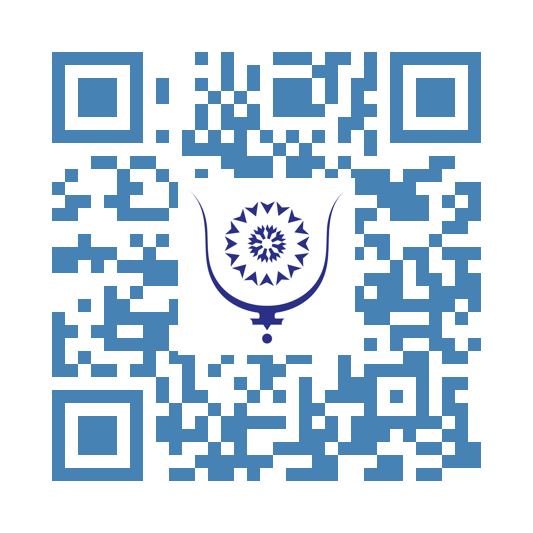The Anunnaki 7253
The Anunnaki, according to ancient Mesopotamian clay tablets and interpretations by Zecharia Sitchin, were beings of advanced intelligence who played a pivotal role in the development of humanity and early civilizations. These entities are said to have originated from Nibiru, a planet in our solar system with an elongated orbit that takes approximately 3,600 Earth years to complete. According to Sitchin’s translations, the Anunnaki came to Earth in search of gold, a critical resource they needed to repair their planet's damaged atmosphere.
The Anunnaki initially undertook the labor-intensive task of mining gold themselves, but their dissatisfaction led them to create a hybrid species to perform the work. Using their advanced genetic knowledge, they combined their DNA with that of the primitive hominins already present on Earth. After several attempts, they succeeded in creating Adamu, the first human, who was born from the womb of a female Anunnaki acting as a surrogate. This narrative aligns closely with the biblical story of Adam and has been interpreted as an origin story for humanity, engineered to serve the Anunnaki’s needs.
In addition to their role as creators, the Anunnaki are credited with teaching early humans critical skills such as writing, engineering, animal husbandry, and agriculture, enabling the rise of civilization. They are also believed to have been the source of many myths found in later religious texts. Stories from Mesopotamian tablets about giants, devastating floods, and ancient wars bear striking similarities to those found in Abrahamic scriptures, but often with more detail. Sitchin suggested that many of the gods and heroes of polytheistic traditions were inspired by the Anunnaki, whose advanced technology and long lifespans made them appear divine to early humans.
Eventually, the Anunnaki departed Earth, leaving behind colonies and legacies that became the basis for myths and legends. After the establishment of monotheistic religions, many of these beings were demonized, transforming from revered gods into malevolent figures. Despite their departure, the knowledge they imparted to humanity persisted, shaping early societies and their cultural practices.
Although Sitchin’s work has been widely criticized for its speculative interpretations, lack of linguistic rigor, and absence of scientific backing, it has inspired fascination and debate. His theories continue to influence modern narratives about extraterrestrial involvement in human evolution, fueling a blend of mythology, alternative history, and science fiction. The Anunnaki remain an enduring subject of intrigue, representing a tantalizing intersection of ancient storytelling and humanity’s quest to understand its origins.



